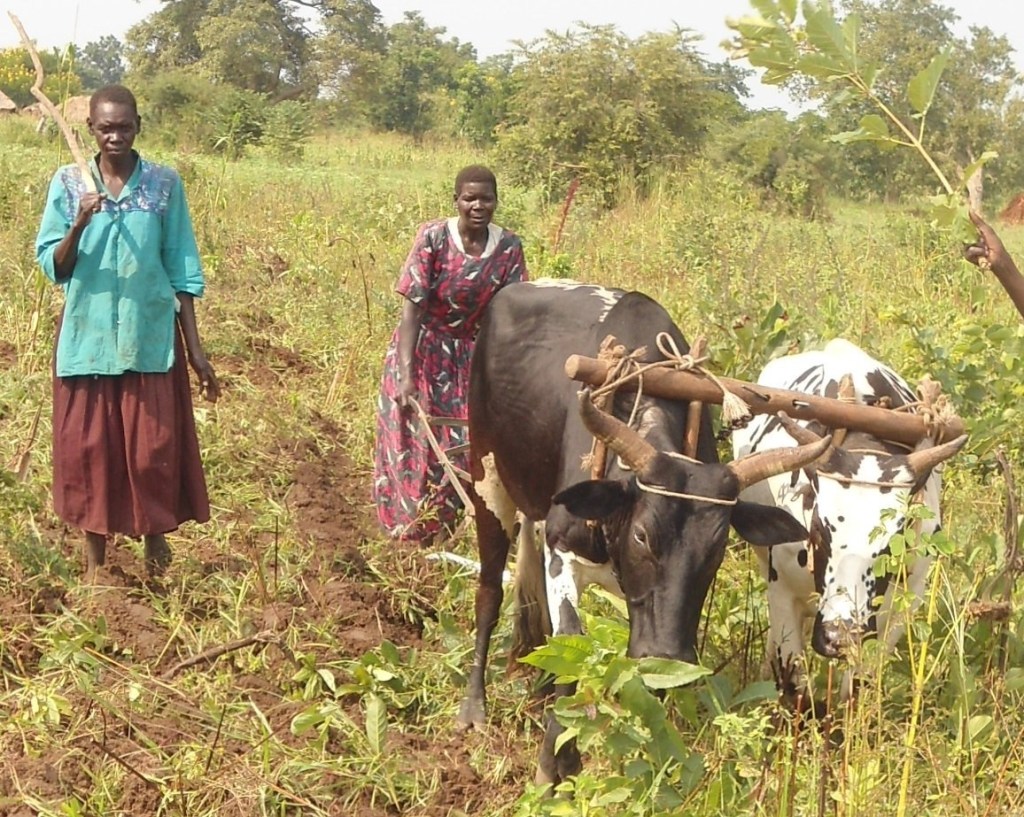The people living in rural areas in Lango are mostly considered to be poor. This was confirmed by estimates of a food basket for Lango Sub-Region (Lango food basket) calculated by us, CPAR Uganda innovators in training in January 2020. Our calculations for a Lango food basket and non-food consumption estimates for 16 households in Lango determined that on average, households in Lango live on US$ 1.25 per day; which is below the global poverty line of US$ 1.90.
Growing up as a child in a rural area of Lango, I also considered people in my area as poor. This was mostly based on physical appearance – the type of clothes they put on; the kind of shoes they wear; among others. When I had a chance to visit the urban areas as a child, I would always conclude that people in my area are poor.
Today, from this CPAR Uganda training on understanding poverty, I have realised that we, the people in the rural areas of Lango, to some extent, are responsible for our own poverty. By this I mean those in relative poverty. People in relative poverty may be responsible for their own poverty through, for example, some gender issues which are brought about by their negative traditional and religious beliefs. Gender issues are the differential treatment given to men and women.
Some gender issues encourage poverty.
Case in point, according to estimates of our food basket for Lango Sub-Region, out of the 16 households included, six are not consuming eggs. You may find that those six households have mostly women and because of a popular belief in Lango that women are not supposed to eat eggs, eggs are not cooked in those households.
The women are denied the chance of eating eggs, just because they are women and yet eggs are an important source of nutrients. Insufficient nutrients in the body leads to malnutrition and poor health.
Furthermore, according to the data of our Lango food basket, two households spend UGX 54,000 (fifty for thousand shillings) each on drinks in a month. Since there is a belief in Lango that a man is the head of the family, you may find that it’s the man spending money on alcohol and the woman has no say.
Gender issues are likely the reason as to why a household included in our Lango food basket spends only UGX 194,300 (one hundred and ninety four thousand, three hundred shillings) on food in a month. You may find that it is the man making decisions on how the money should be spent.
For example, he may leave only UGX 2,000 (two thousand shillings) a day to be used to buy food for the household. And he doesn’t care whether it is enough or not. A woman will have no say.
There is also a popular belief in Lango that men are the owners of land. This limits access to land by women, yet women are the majority producers of food. Gender issues, indeed, may be the reason why households in Lango are living below the poverty line.
The poorest of the poor, in most cases, are not responsible for their poverty. They didn’t want to be permanently and severely disabled, to the extent that they are permanently unable to meet their own basic needs. For example, a person cannot want to be without arms, legs, eyes.
Those in emergency absolute poverty are either responsible or not. They can be responsible for disasters, like drought, through cutting down trees. But, those in mountainous areas are not responsible if volcanic eruptions sweep away their homes and farms.
 Read more about Acen here.
Read more about Acen here.
This was Acen Mercy’s answer to an assignment given to innovator in training among the first cohort of CPAR Uganda’s programme “Mentoring Young Adults into Innovator Against Poverty.”
Without the support of our donors, we would not have been able to impact positively on Mercy’s understanding of poverty and of the young adults under our mentorship. Please consider sharing this post to your social media sites and or to your other contacts via email and help us spread the word.

